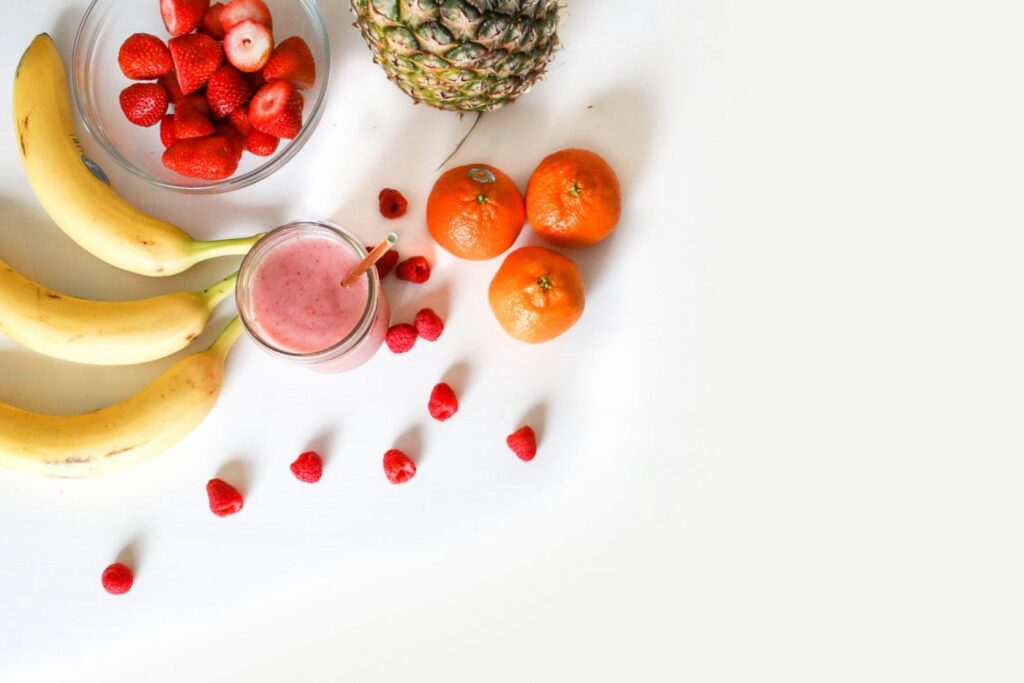
When it comes to health, perhaps nothing captivates our attention more than advice about what we should – and shouldn’t – eat. Diet is all at once personal and political. While we all know that indeed “we are what we eat,” our food choices in reality reflect everything from our cultural influences, economic opportunities, health values, and susceptibility to the latest food craze. And this is nothing new. My grandmother, for example, told me that when she was young olive oil was considered terribly unhealthy, with “schmaltz” or rendered chicken fat thought to be a much better choice. Imagine that!
Over my 20+ years dedicated to knowing what we can do to build better brain health, I have seen many brain food fads, including supplements, wax and wane in popularity. As a result, I tend to take a fairly conservative view regarding what we should and shouldn’t be eating for better brain health. While we know more than at any previous time about how diet may influence our cognitive well-being, there in fact is limited evidence for a specific brain-saving diet or magic pill. After all this time, I have concluded that the best thing we can do is consider trends in the nutrition science that support better cognitive and overall health outcomes, rather than chasing every new craze.
So, what do these trends show us really matters when it comes to a better brain health diet? Here are 3 “no-brainer” tips that everyone with a brain can follow to boost cognitive well-being for both sharper daily thinking and long-term cognitive vitality:
1. Start with the Basics! Most of us can brain-boost our diet simply by eating healthier. The truth is, despite an apparent obsession with this fad or that, the majority of Americans don’t follow even the most basic nutritional advice. And, for many, this may not be a matter of choice, but access. What are the basics? Eating a diet that dominated by produce, with lean sources of protein, whole-grain sources of carbohydrates, mono-unsaturated sources of fat (MUFAs) and sparing in sweets. A shift to this scientifically sound, accessible nutritional plan can really move the needle towards better cognitive and overall well-being for everyone. Need a great resource for what the basics are? Try the U.S. government program (supported by our tax dollars!) “Choose My Plate” (www.choosemyplate.gov).
2. Weight Matters. Another clear trend in the research on nutrition and cognitive well-being is one that can be, well, hard to swallow. And that is that our weight matters. Large epidemiological studies have shown for years now that increased weight, especially when carried around our middle, increases our risk for dementia. Most recently, a study in over 9,000 subjects published in Neurologyshowed that increased weight, especially when concentrated around the belly, was significantly linked to decreased brain volume. This strong trend in the research suggests that we should do what we can to maintain a healthy weight and avoid “belly fat,” including following a healthy diet and getting regular aerobic exercise.
3. Drink Up! Water, that is. Many of us do not hydrate sufficiently every day. And that can affect our overall well-being and brain health. Why? Our bodies consist of a significant amount of water – in fact, scientists estimate that our brains are made up of about 70% water. Recent reports suggest that many of us are chronically dehydrated, and that this impacts our daily performance and vitality. This is especially true as we grow older and can have a harder time sensing thirst. Recent studies suggest that we need more than the previously recommended 8 glasses of water per day and should in fact aim for at least 11-12 glasses of water per day. If that seems like a lot to “drink up,” try adding fresh fruit to your water, or add herbal tea or sparkling water to your daily dose.That’s it – Just start with the basics, keep an eye on the scale, and make sure to get that daily dose of water. You really don’t need to do anything more complicated that these 3 “no brainer” strategies for a brain healthy diet we can all follow!
That’s it – Just start with the basics, keep an eye on the scale, and make sure to get that daily dose of water. You really don’t need to do anything more complicated that these 3 “no brainer” strategies for a brain healthy diet we can all follow!
Here’s to many happy memories!
